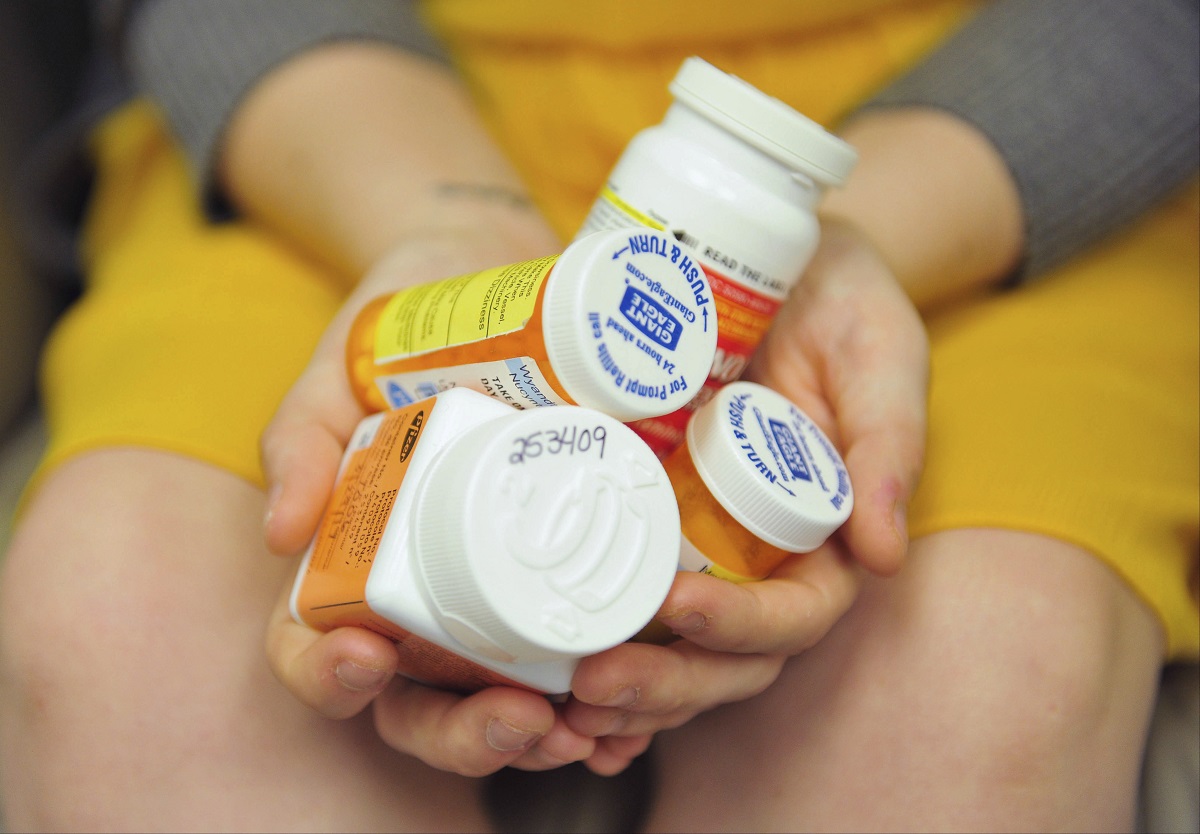The Trump Administration will declare the U.S. opioid epidemic a national emergency, according to White House pool reports, which should free up federal funding to be used for addiction treatment and prevention efforts.
Videos by Rare
Following a briefing on the epidemic earlier this week and recommendations in interim report from a presidential commission on the national drug crisis, President Donald Trump told reporters Thursday the emergency paperwork is being drawn up now.
“The opioid crisis is an emergency, and I’m saying officially right now it is an emergency. It’s a national emergency. Were going to spend a lot of time, a lot of effort and a lot of money on the opioid crisis,” the president said from his working vacation in Bedminster, N.J.
We’re going to draw it up and we’re going to make it a national emergency. It is a serious problem the likes of which we have never had. You know when I was growing up they had the LSD and they had certain generations of drugs. There’s never been anything like whats happened to this country over the last four or five years. And I have to say this in all fairness, this is a worldwide problem, not just a United States problem. This is happening worldwide. But this is a national emergency and we are drawing documents now to so attest.
RELATED: Nashville mayor’s only child dead of an overdose at age 22
In March, Trump established under an executive order, appointing New Jersey Gov. Chris Christie (R) to lead it. The panel is charged with studying ways “to combat and treat the scourge of drug abuse, addiction, and the opioid crisis” as well as examine and determine the effectiveness of current funding and programs aimed at preventing and treating addiction.
The commission’s final report is due out in October. But last week, the commission issued a preliminary report urging the president to immediately “declare a national emergency under either the Public Health Service Act or the Stafford Act.”
RELATED: One graphic shows just how bad the heroin problem is in America
Declaring a national emergency under either law will speed up access to resources and funding, though the money and services will flow differently depending on which one is used.
Under the Stafford Act, federal and state agencies would have access to the approximately $1.4 billion federal disaster relief fund. That money could potentially be used to ramp up law enforcement and addiction treatment to fight the crisis.
An emergency declaration under the Public Health Service Act would allow for the deployment of medical professionals such as addiction treatment specialists, to underserved and cash-strapped areas.
Using either law would allow for Section 1135 waivers for Medicaid, empowering the Secretary of Health and Human Services to bypass some public health regulations for the duration of the emergency. For example, Medicaid cannot be used to reimburse in-patient facilities with more than 16 beds for treating mental problems, including addiction. But in an emergency, Section 1135 waivers could be granted for opioid addiction treatment, opening up more treatment options for the states.



